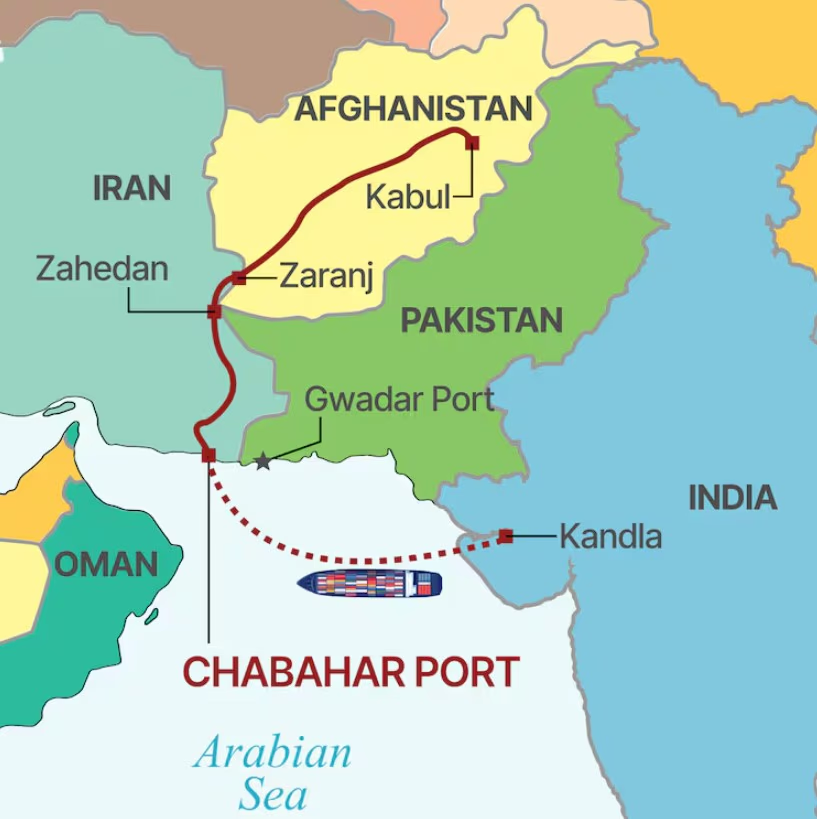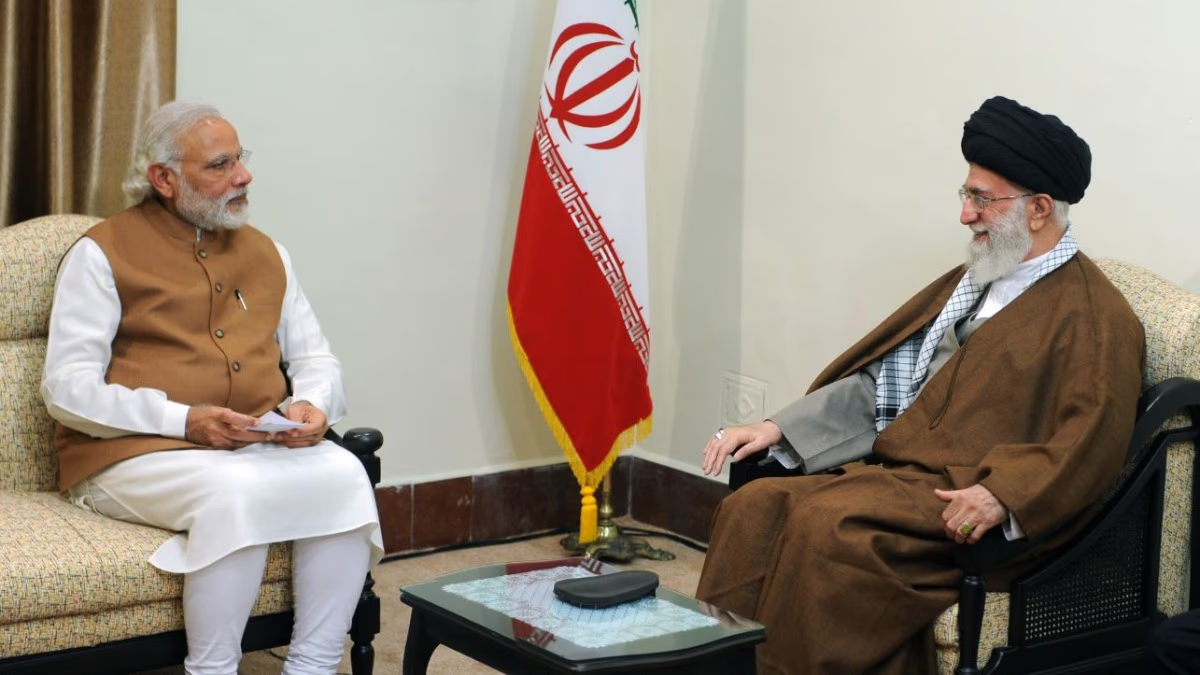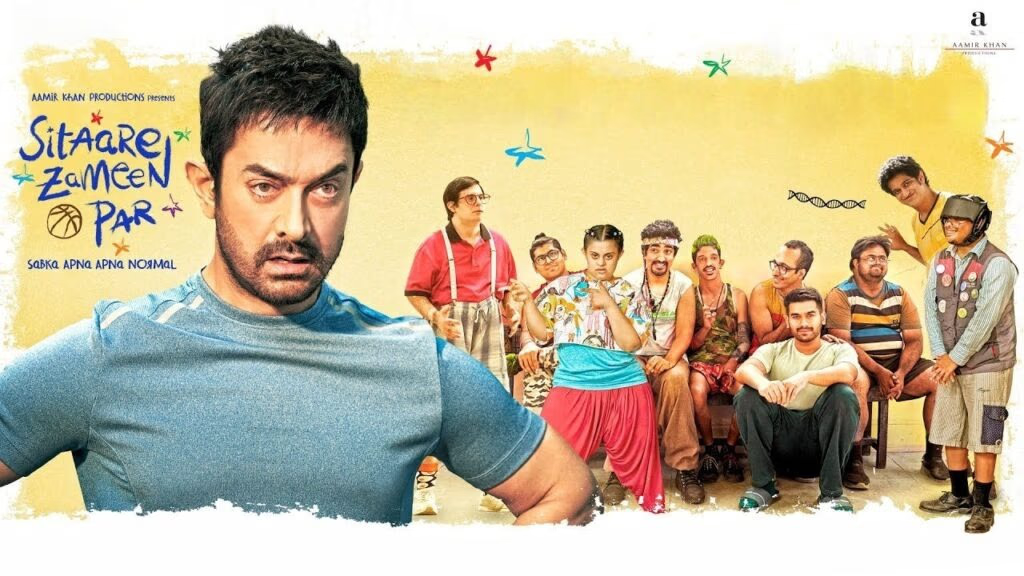In an unprecedented gesture, Iran opened its airspace for India to evacuate citizens amid its conflict with Israel last week. This was soon followed by India reaching out to Tehran after the U.S. bombed key Iranian nuclear sites, underscoring the deep ties between the nations. However, maintaining a balance between Iran and Israel puts India in a tricky position.
India Strikes a Diplomatic Balance
Iran is a longstanding ally of India, boasting deep-rooted cultural and civilizational ties. Since Prime Minister Narendra Modi came to power in 2014, relations with Israel, especially in the defense and technology sectors, have flourished. At a time when Iran finds itself increasingly isolated, India has resisted taking sides, sticking to its mantra of 'dialogue and diplomacy.'
Refer to:
This neutrality persists even as Iran's Supreme Leader Ayatollah Ali Khamenei occasionally criticizes India over Kashmir and treatment of minorities. Still, Iran has never acted against Indian interests. India's significant stakes in Iran, such as the Chabahar Port project, highlight its view of Iran as a key regional player, one that shares borders with Afghanistan and Pakistan. Even U.S. sanctions have failed to derail the Indo-Iranian relationship.
Partnering with Iran in Chabahar
Following U.S. sanctions, India halted crude oil imports from Iran, leaning towards Russia to satisfy its energy needs. This makes connectivity the linchpin of Indo-Iranian ties. Chabahar Port is central to India's connectivity plans, extending its geopolitical influence in Central Asia, counterbalancing an assertive China.

Source: aajtak
This port offers an alternative trade route to Afghanistan and Central Asia, bypassing Pakistan, and counters China's Belt and Road Initiative (BRI) and Pakistan's Gwadar Port. India has signed a decade-long deal for its development, with expectations of connecting it to the International North-South Transport Corridor (INSTC), bringing India closer to Europe. Its location by the Strait of Hormuz, key to 20% of global oil trade, amplifies its strategic importance.
Mutual Support at the United Nations
India has played a pivotal role in facilitating Iran’s membership in major groups like the Shanghai Cooperation Organization and BRICS. Enhancing cultural ties, India included Persian as one of nine classical languages under its New Education Policy. Iran has consistently supported India at crucial times. Notably, in 1994, Iran helped block a U.N. Human Rights Commission (UNCHR) resolution that criticized India over Kashmir.
The resolution, sponsored by the Organization of Islamic Countries (OIC) with backing from influential Western nations, could have led to economic sanctions against India if passed by the U.N. Security Council. Iran's assistance hasn't gone unnoticed. In 2023, India was among 30 nations voting against a U.N. resolution concerning the human rights situation in Iran.
Consult More:
Last year, India abstained from a U.N. Human Rights Council vote to establish a fact-finding mission against alleged rights violations amid protests over the death of 22-year-old Mahsa Amini in Iran’s detention. Similarly, in 2011, India refrained from backing a U.N. resolution condemning an alleged plot to assassinate the Saudi ambassador in Washington, attributed by the U.S. to elements within the Iranian establishment.
A Historical Tapestry with Iran
In a recent statement, India's Ministry of External Affairs aptly acknowledged this enduring relationship. The note mentioned, 'India and Iran share a history of extensive interactive activities over centuries. Contemporary relations are built on these historical and civilizational ties, with high-level exchanges, commercial and connectivity cooperation, and strong people-to-people ties.'
Additionally, India and Iran share concerns about Sunni extremism perpetrated by the Taliban and Pakistan’s role in Afghanistan. While formal diplomatic relations were established in 1950, they accelerated when then-Prime Minister Atal Bihari Vajpayee visited Iran in April 2001, signing the Tehran Declaration to bolster bilateral cooperation.
However, it was under Prime Minister Modi that these ties strengthened, marking him as the first Indian Prime Minister in 15 years to visit Iran in 2016. During this visit, Prime Minister Modi signed a trilateral agreement among India, Iran, and Afghanistan on trade, transit, and transport.




